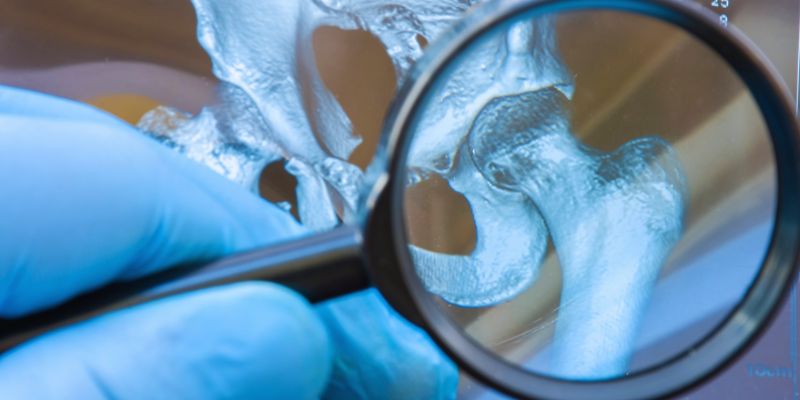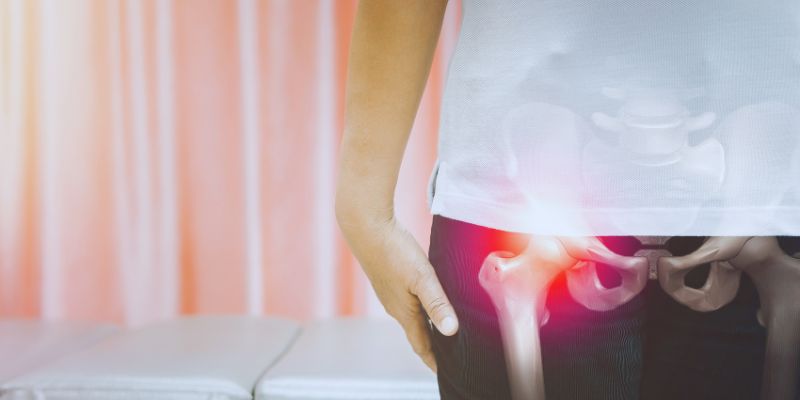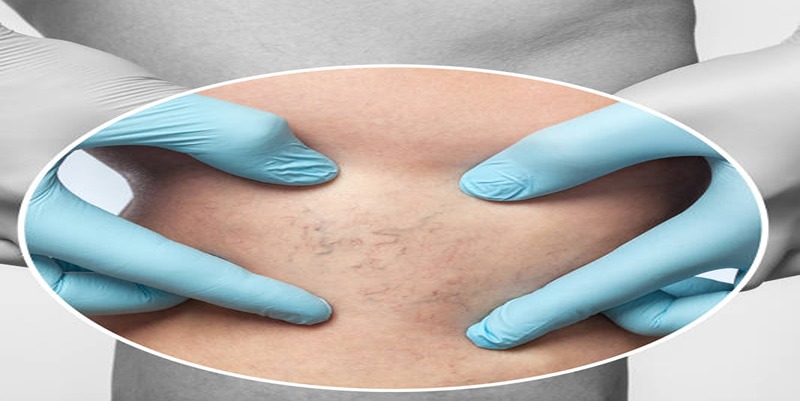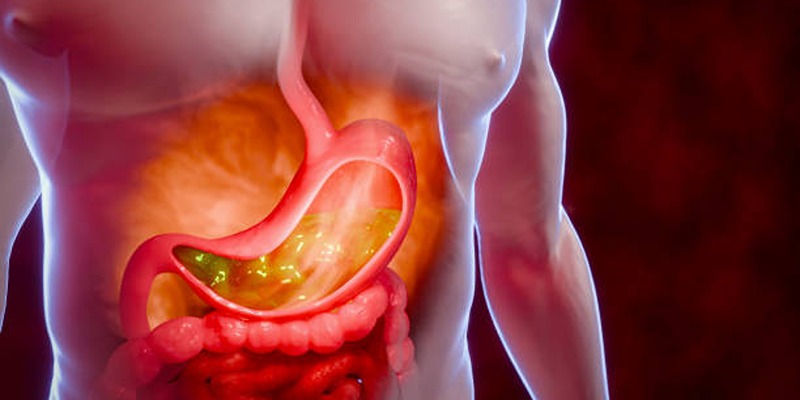What Are The Effective Ways to Treat Irritable Hip and Improve Mobility
Commonly affecting persons of all ages is the condition known as irritable hip. It is typified by hip region stiffness or pain that can make daily motions, including sitting or walking, somewhat challenging. This disorder can result from many factors, including inflammation, hip impingement, or muscular tension.
Untreated irritated hips could seriously affect one's quality of life. Fortunately, several therapy choices can reduce pain, increase mobility, and prevent further damage. This study emphasizes workouts, pharmacological treatments, and lifestyle changes that can offer long-term relief and explores efficient strategies to manage irritable hips.

Rest and Avoidance of Strenuous Activities:
Reducing activities that aggravate discomfort is one of the first and easiest things one can do in treating irritable hips. Rest is crucial if the hip muscles and joints are to recuperate. Running, jumping, and heavy lifting, among other sports, might aggravate the disorder. Taking breaks from such pursuits will prevent strain and give time for recovery. Though relaxation is important, total idleness is not advised. Gentle stretching and gentle walking help keep the hip joint flexible and increase circulation, supporting healing.
Resting does not mean you should be still for very long. Still, you should be careful not to overindulge. Pay close attention to how your hip feels during activities; adjust or discontinue workouts causing pain. Once your hip feels better, you can progressively bring back more demanding exercise. See a physical therapist to help you design the ideal recovery program for your ailment.

Apply Ice and Heat Therapy for Pain Relief
Ice and heat therapy are effective approaches for lowering inflammation and relieving pain connected with an irritable hip. Particularly within the first 48 hours following the pain onset, ice packs can be placed in the afflicted area for 15 to 20 minutes many times a day. The ice numbs the area and helps to lower swelling immediately. Wrap it with a towel to minimize direct skin contact with the ice pack.
Once the first irritation has gone down, heat treatment can be used. A heating pad or warm compress can increase blood flow and help loosen stiff muscles. Heat treatment is helpful for hip joints, muscular tension, or stiffness. Keep applying ice to control the inflammation. Always make sure you alternate between both treatments to improve healing and comfort.
Physical Therapy and Stretching Exercises
Treatment of irritable hips mostly depends on physical therapy. Customized programs created by a professional physical therapist can meet your particular needs. To design a strategy that helps lower discomfort and increase mobility, they will evaluate your posture, walking style, and muscular strength. Common therapeutic exercises target the hip, thigh, and lower back muscles, including strengthening and stretching ones.
Exercises, including stretching, are crucial in avoiding stiffness and increasing flexibility. Targeting the muscles in the front of the hip, a basic stretch that will help is the "hip flexor stretch." Regular stretching helps to release tension and increase hip mobility generally. Lunges, bridges, and squats—which help build the muscles around the hip joint—are also among other helpful workouts. These workouts help to correct alignment and lower the future injury risk.
Medications and Pain Relief
Over-the-counter (OTC) medicines like ibuprofen or acetaminophen can help lower inflammation and ease discomfort for more severe pain linked with irritable hips. NSAIDs assist in reducing pain and swelling so that you may participate in physical activity with less difficulty. To prevent any side effects, these should be followed as advised by a healthcare expert.
A doctor could advise corticosteroid injections or harsher medicines in cases of ongoing or chronic pain. These injections lower inflammation around the hip joint, therefore providing focused comfort. These injections are not a long-term fix, even if they can offer temporary comfort. Your doctor will review the advantages and drawbacks of these procedures and assist you in determining the best line of action.
Consider Chiropractic Care
Moreover, chiropractic treatment helps control uncomfortable hips. Manual adjustments by chiropractors help straighten the pelvis and spine, enhancing hip performance. Misalignments in the pelvis or spine might strain the hip joint more than other causes, aggravating irritable hip conditions. Regular chiropractic visits can help correct alignment, lower pain, and increase general mobility.
Chiropractors could employ soft tissue to release tight muscles and reduce hip stiffness. It is crucial to work closely with a chiropractor who has treated musculoskeletal disorders like hip discomfort. They can assist in developing a customized treatment plan that enhances other approaches, such as medicine or physical therapy.
Strengthen the Core and Lower Body Muscles
One of the best long-term approaches for managing irritable hips is strengthening the muscles around the hip joint. Strong muscles around the hip, such as glutes, quadriceps, and hamstrings, can better support the joint. That lessens the strain on the hip itself and the likelihood of damage.
Moreover, healthy posture and appropriate movement patterns depend on a strong core. Exercises targeting the core and lower body muscles include glute bridges, side leg lifts, and planks. Resistance training with modest weights or bodyweight movements will improve muscular strength. This method lessens discomfort and helps prevent irritable hip occurrences in the future.
Maintain a Healthy Weight
Maintaining a good weight is vital for general joint health, particularly the hip joint. Additional weight strains the hips, which can aggravate pain and cause further inflammation. Regular physical activity and a balanced diet help you control your weight and lessen hip joint tension. Even a little weight loss will greatly ease hip discomfort and increase mobility if you're overweight.
Emphasize a diet high in complete foods, including lean proteins, fruits, vegetables, and fats. Swimming, walking, or cycling can help you reach and keep a good weight without taxing the hips too much. Depending on the degree of the ailment, surgical choices can range from hip replacement surgery to minimally invasive arthroscopic treatments. Usually viewed as a last choice when other treatments like physical therapy and medicine have not given enough relief is surgery.
Conclusion:
Treating irritable hips requires rest, rehabilitation, painkillers, and lifestyle adjustments. These sensible techniques will help you lower discomfort, increase mobility, and raise your general quality of life. Management and prevention of this disorder depend mostly on regular exercise, appropriate weight control, and quick medical intervention. If symptoms continue, don't hesitate to see a healthcare provider for further direction and treatment. Good care will enable you to resume an active, pain-free life and recover mobility.












